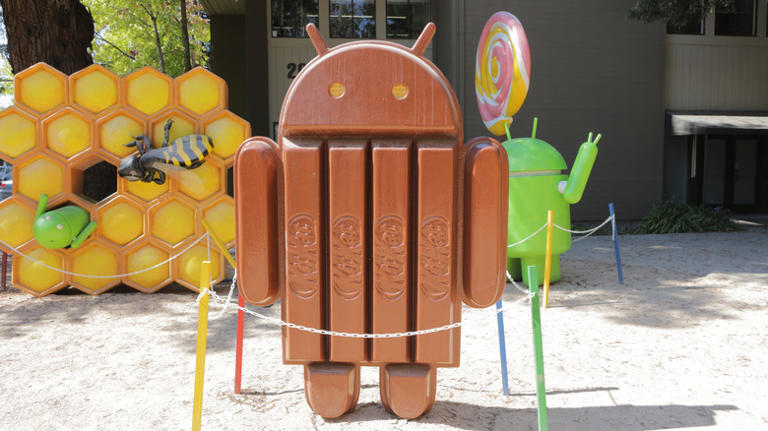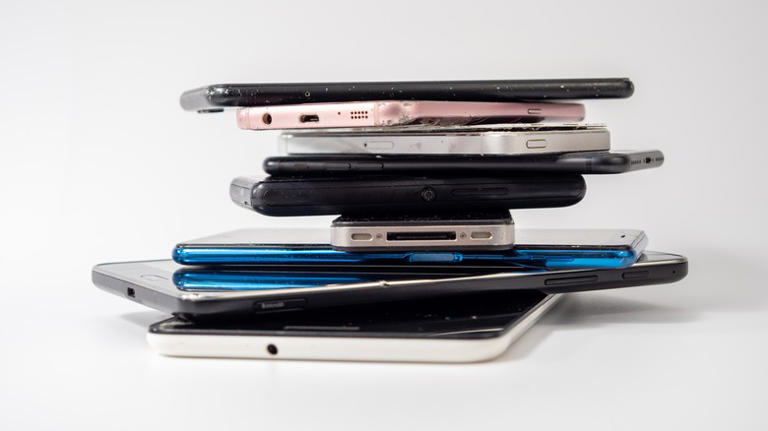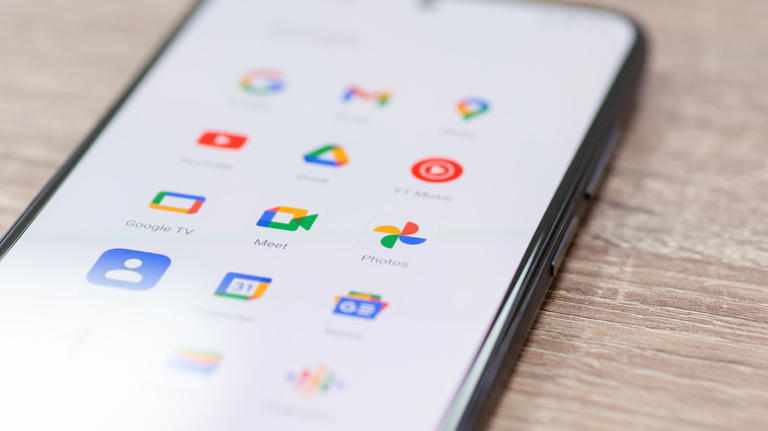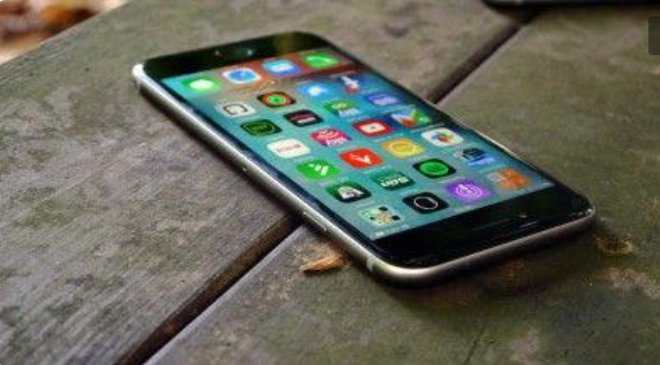KitKat OS is a version of Android software that was released almost 10 years ago on devices like the Samsung Galaxy S4 Mini. At the time, it introduced a range of new features like the Hangouts app, emoji for Google Keyboard, and “Ok Google.” Of course, these features are now anything but new, and Google has decided it’s the right time to end support for the OS. They announced in a Google Developers Blog post that they are discontinuing updates for KitKat starting in August 2023.
Also Read- Meta launches AI tool AudioCraft to create music from text

The change will affect as many as 50 devices currently on the market from brands like Samsung, Sony, LG, HTC, and Huawei. If you bought your Android device between September 2013 and November 2014, your phone could be one of the affected models. Discontinued support doesn’t always mean your phone will become unusable, but in this case, the effects are significant enough that it’s probably time for most users to buy a new phone.
Why Is Support Stopping?

The more people that use a certain version of Android, the more necessary it is to continue support for that version. If 25% of the market used KitKat, for example, Google wouldn’t even think about abandoning it. However, the reality is that KitKat is 10 years old, and most people have moved on to new devices. According to the post on the Google Developers Blog, the number of active devices running KitKat now makes up less than 1% of Google’s user base. This makes continued support virtually unnecessary and, from a business standpoint, more time and effort than it’s worth.
Continued support for products like smartphones is a touchy subject. Consumers want to be supported for as long as possible so they can get away with spending less, and companies want to discontinue support as quickly as possible to encourage new purchases. There’s no standardized amount of time a company is required to continue supporting its products. Support for iPhones tends to last for at least five years, while Samsung provides OS upgrades for four years. All things considered, if you’re still using a 2013/2014 Android device, you’ve had a pretty good run.
Read More:– Google Assistant May Soon Be ‘Supercharged’ With Bard-Like AI
What Exactly Does This Mean For Older Phones?

Unfortunately for affected users, this latest loss of support probably marks the end for KitKat devices. Firstly, phones will no longer get security updates from Google Play, making them more susceptible to hacking. Secondly, and more importantly, no more Play Services updates means no more Play Services features. Arguably one of the most important features KitKat phones will lose access to is Google Sign-In. Any app that asks you to sign into Google to use it, such as Gmail or the Play Store, will no longer work. Google Maps, Google Pay, and any apps that use their SDK or API will also not work.
In essence, KitKat phones will lose most of the functionality that makes them a smartphone and be reduced to a device that can’t do much more than call or text. You won’t be able to use your phone to pay for groceries, you won’t be able to check where you’re going with Google Maps, you won’t be able to check your emails easily, and you won’t be able to cast videos on your TV.
Read More:– Today’s ‘Wordle’ #771 Answer, Hints and Clues for Sunday, July 30 Game
For the sake of everyday convenience and the sake of security, it’s probably best to upgrade to a new device. Remember, every device will lose support one day, so if you choose to buy another old phone now, you’ll need to swap it out again in a couple of years. If you invest in a more recent Android model, however, you might be able to last another 10 years.

































